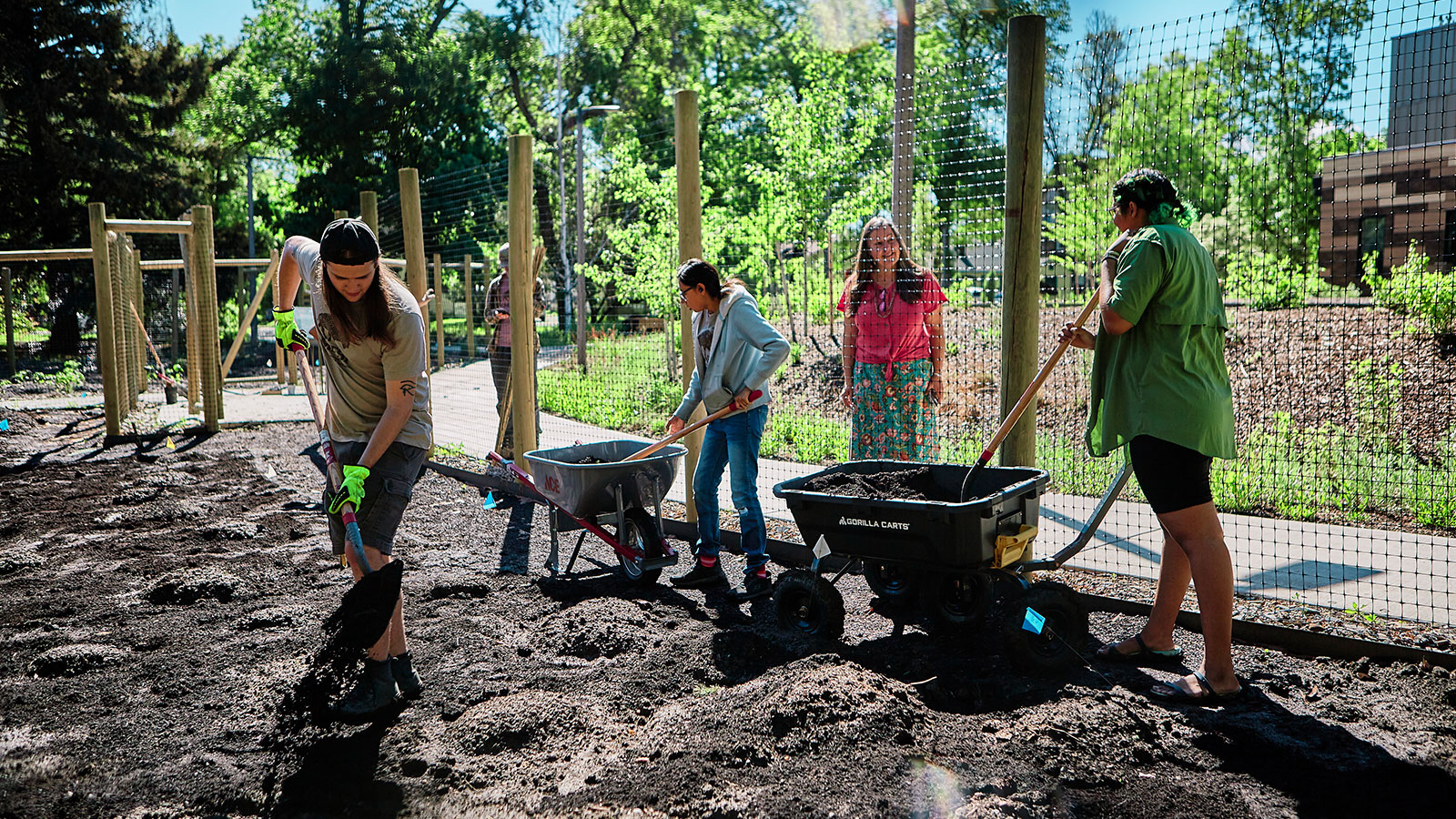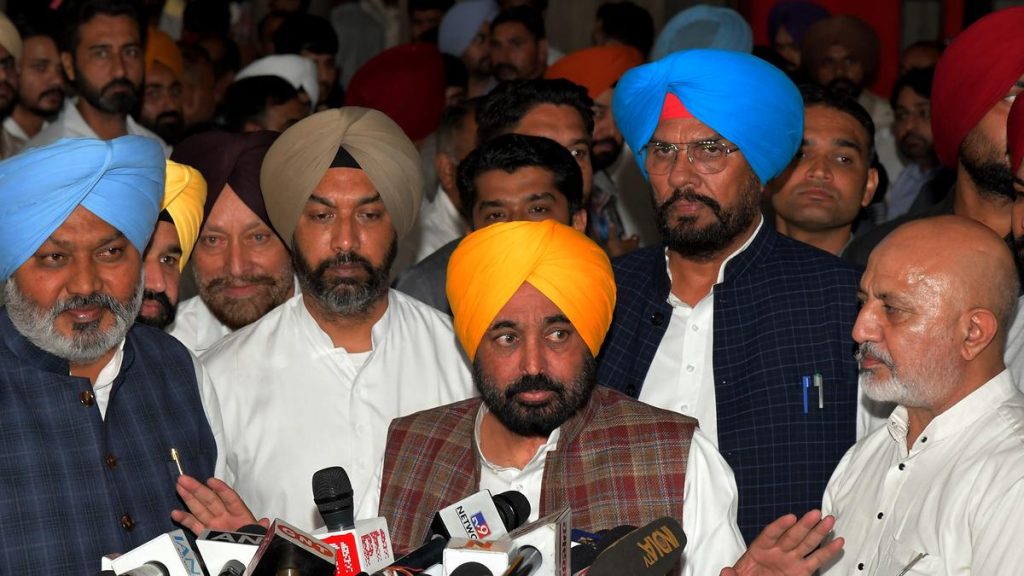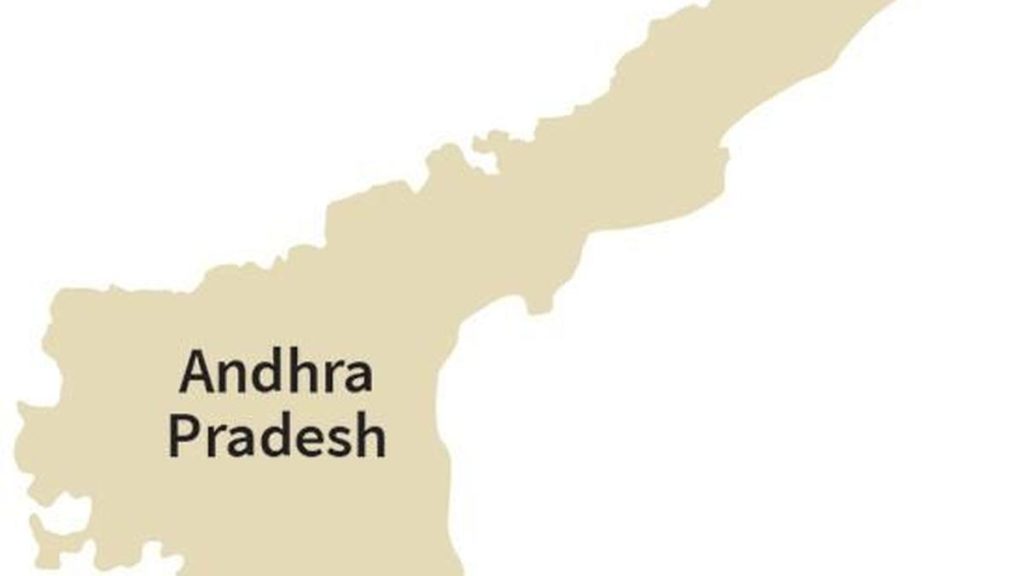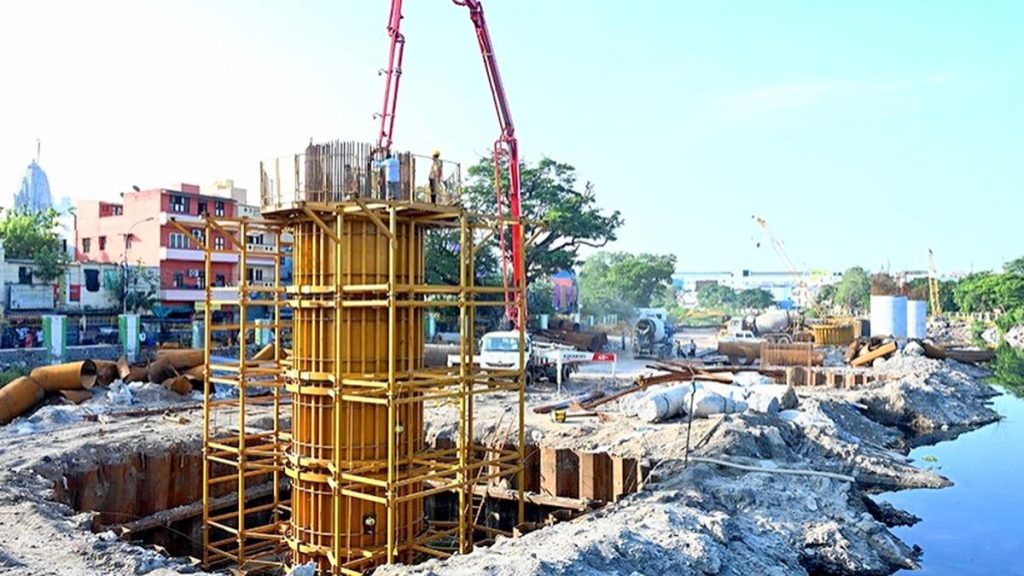Now Reading: Trump’s Funding Freeze on Indigenous Food Programs Faces Treaty Law Scrutiny
-
01
Trump’s Funding Freeze on Indigenous Food Programs Faces Treaty Law Scrutiny
Trump’s Funding Freeze on Indigenous Food Programs Faces Treaty Law Scrutiny

Quick Summary
- Frozen Grants: Jill Falcon Ramaker and her team’s $5 million USDA-funded food sovereignty grant for Indigenous programs was frozen, leaving uncertainty about its resumption or timeline.
- Affected Program: Buffalo nations Food Sovereignty at Montana State University aimed to support healthy,culturally appropriate Indigenous food systems in teh Rocky Mountains.
- Federal Trust Duty: Legal obligations under treaties require the U.S.government to protect Indigenous lands, rights, and resources, including food security initiatives.
- Systemic Challenges: Historical failures in upholding treaty promises have led to widespread malnutrition and health issues among tribes due to lack of access to traditional foods and subpar food distribution initiatives by USDA.
- Food Insecurity Data: around 25% of Indigenous people face food insecurity; approximately 50,000 monthly rely on USDA’s Food Distribution Program on Indian Reservations.
- Recent Initiatives: The Biden administration announced efforts like funding for meat processing facilities and agriculture internships but provided unclear details regarding scope or allocation of funds.
- Legal Actions & Fallout: Tribes are suing previous administrations over funding cuts that violate trust responsibilities. Programs like Buffalo Nations’ planned Food Laboratory have been indefinitely shelved.
Indian Opinion Analysis
Indigenous communities in the United States face notable challenges stemming from both historical neglect and systemic inconsistencies in federal commitments. The latest freeze on food sovereignty grants underscores a broader issue: the often tenuous relationship between federal government actions and their treaty obligations toward tribal nations. While tribal rights include guarantees tied directly to land use-hunting, fishing, gathering-the lack of reliable funding hampers efforts that aim not only to preserve cultural identity but also address climate change-related vulnerabilities affecting Indigenous populations.
For India, this issue highlights parallels with its own challenges around ensuring equitable resource distribution among marginalized communities reliant on traditional ecosystems under increasing strain from development pressures. It signals a broader universal principle-governments must continuously prioritize balancing modernization with preservation of cultural practices as integral parts of sustainable progress. Uninterrupted support is crucial for marginalized groups internationally when addressing systemic inequalities exacerbated by environmental challenges.

























